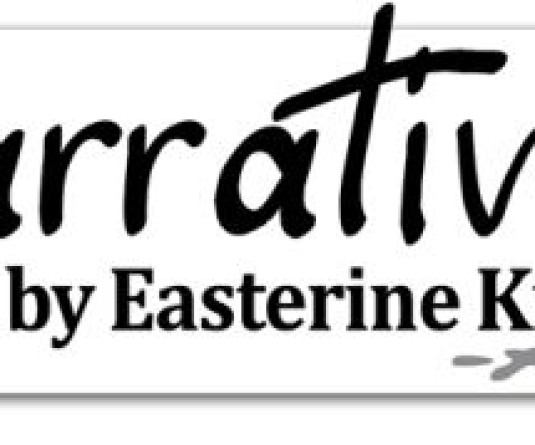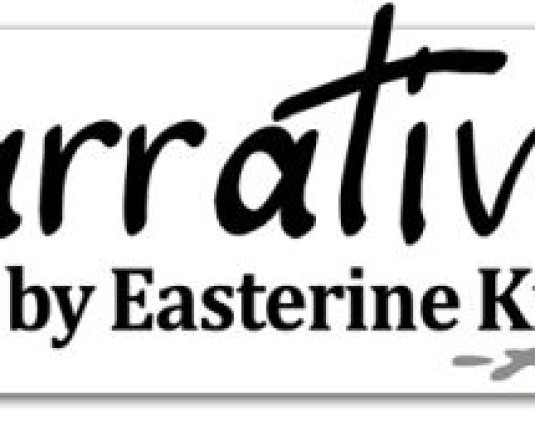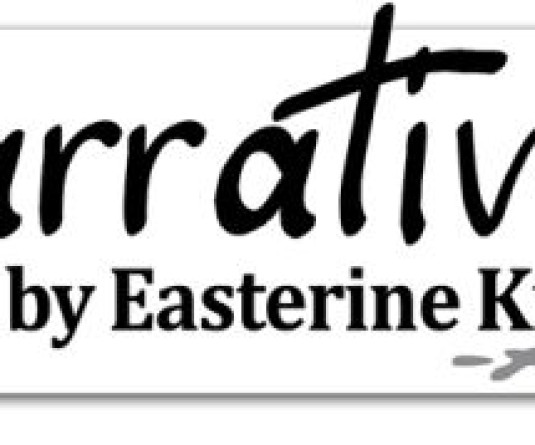
Bobita Rai published by Tajung Publications
‘We are human mirrors reflecting thoughts and emotions, giving expression to the voices within, floating on the wings of imagination.’ So writes the poet in the preface to her book of poems, ‘Mirrors.’
I like the humour in one of the first poems, ‘Advices,’ which is so reflective of our close knit community where others feel obligated to poke their nose in your business and make sure to tell you what they think you ought to do!
‘I live in a land where advices are free;
If I ask for one, I get extra three.’ This is a great piece of social commentary here.
Two poems later, the mood changes, and raw emotions appear in the poem, ‘Reverie’:
Scattered fragments of broken pieces
Glaring eyes penetrated my bones,
Utterly dismayed I shut my eyes
Screamed beneath my breath…
Mercifully, it does not stop there. The poet writes of the gentle Potter who ‘neatly picked all bits and pieces with a river of compassion in His eyes. Now and again, the poet’s clear faith shines through, and the pain is transformed into ‘something new.’ We see more of this faith in poems like ‘Perpetual Hope,’ and ‘Not Again’. In ‘Memories’ remembered childhood strikes a sad note, even as the reality of the present is reiterated in the words,
‘All was gone in a blink
Years of laughter I had lived
Running wild with cuts and bruises,
Hiding beneath a stealthy bush
Pins in hand to play a prank.’
The poet evokes the sweet nostalgia that we so readily associate with childhood, ending it with a memorable line, ‘the sound of laughter, it was mine, echoing down from lane to lane.’ True to the title of the book, the poems mirror our emotions too.
The following poem, ‘The Dream’ peels away epidermis. The image is of a woman lashed by the fury of a storm, but she braves it and allows the ‘sea of change’ to take place even as she collides with the storm and calms it with her contrasting energy, the energy of peace. This is a poem that has a deeper meaning that is obviously spiritual. The storm is a soulish attack and the challenge to the woman is to stand firm in the face of a terrible attack. The result is that her peace turns the storm frail resulting in the ‘shouts of victory on the shore!’
The poem that follows, ‘The Cry’ is intriguing. In this short poem, she introduces the idea of a new earth to be birthed:
The Earth groans
Like a woman with birth pangs;
Amidst madness and turmoil
Disheveled and harrowed
Screaming in her deepest silence,
Just to sedate her anguish.
She is in labour pains
To give birth to a newer Earth.
These are primal emotions mirroring the pain of birthing, and it is also a wondrous situation. The earth itself is birthing a new earth. One would imagine it is a considerably improved place than the old earth. Then there is the very honest poem, ‘Façade’ that exposes the façade we all put up hiding a ‘cauldron of dense thoughts churning.’ But keeping up the façade is not easy. The cracks begin to show and the ‘mask of smiles on our faces screams, ‘I am tired, take me off, take me off.’
I like the lesson contained in the poem, ‘Untangled.’ It is a lesson we could all use:
Let me be untangled
Not to be seduced by a piece of gossip,
Free from the elements of vile
At a distance from cynicism-
A light-year away from grudges
Free from judgment
Just on my own.
‘Mirrors’ is an intriguing mix of the everyday on one hand, and on the other hand, the sublime in poems like ‘Fated’, ‘Gravity’ and ‘Satori’ for starters. This volume does what poetry is very good at – it bares the soul. Its uninhibited honesty helps it find a home in readers’ hearts. At the same time, it is not sadness and heartbreak at the heart of things; it is an anchor of hope that trusts things will change for the better. Not all the poems are on serious themes. The element of play is very obvious in the poems, ‘Loaded’ (I am an ant with an elephant on my back), ‘Retrospection’ and ‘Advices.’ This is Bobita Rai’s first collection of poetry. It is promising and readable and appealing. One hopes there will be more coming soon. The book is illuminated by delightful doodle art by Kevi Kevichusa.






